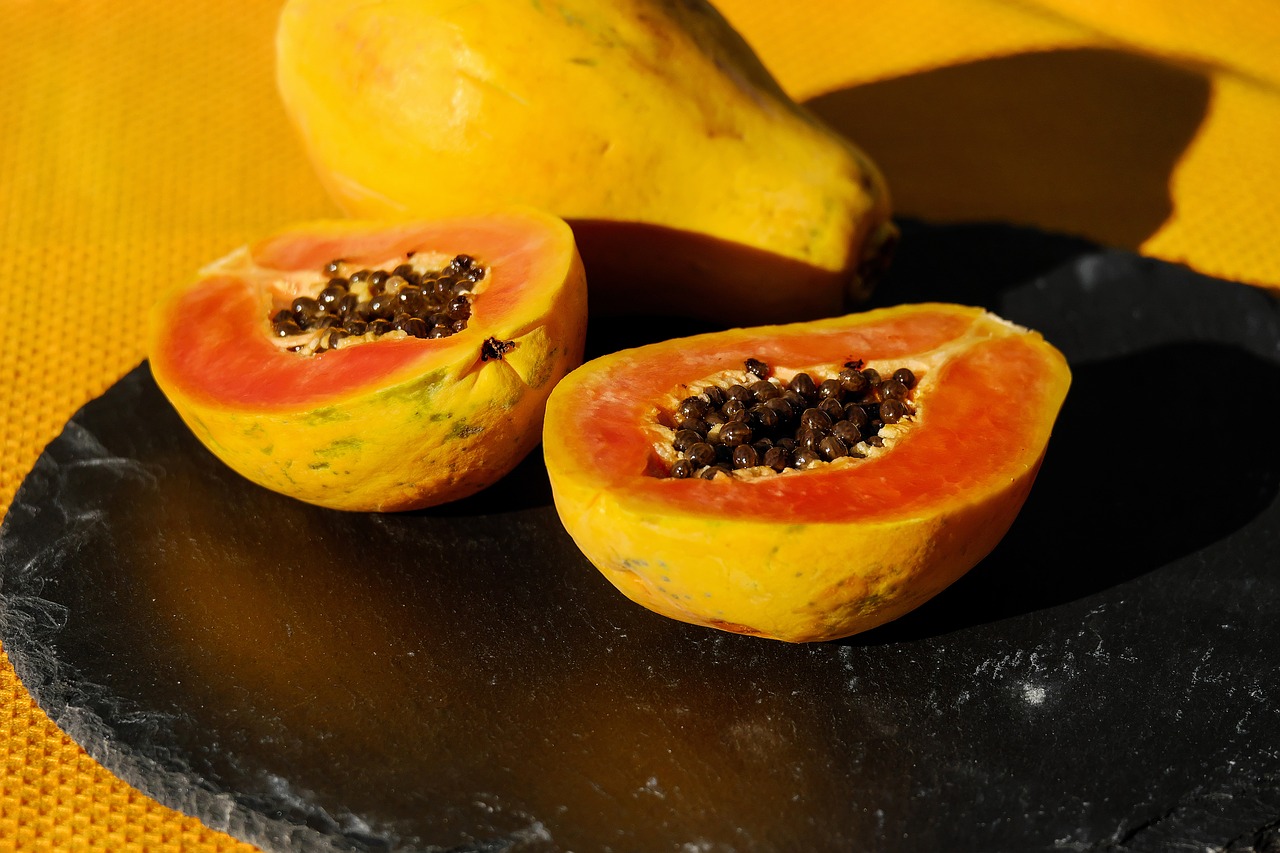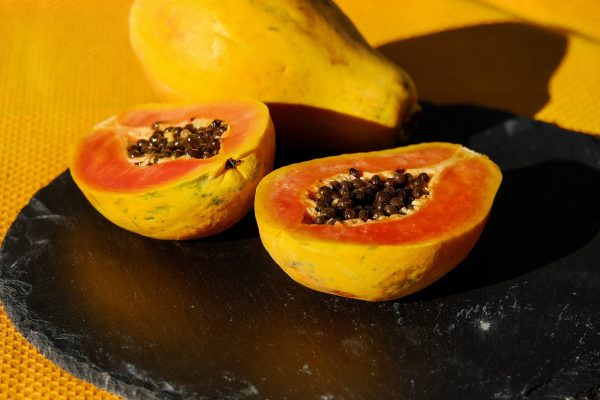The immune system does a remarkable job of defending the human body from disease-causing microorganisms. Unfortunately, there are times when it fails to do this, resulting in illness.
Did you know that the immune system can be boosted through meals? Some of them include:
Garlic:
 Garlic’s immune-boosting properties come from a heavy concentration of a sulfur-containing compound called allicin. Garlic also has antimicrobial and antiviral properties which help the body fight bacterial and viral infections. To maximize garlic’s immune-boosting effects, eat one clove two to three times daily by including it as an ingredient in your meal. Crushing the garlic and allowing it to stand for ten minutes prior to cooking helps increase its potency.
Garlic’s immune-boosting properties come from a heavy concentration of a sulfur-containing compound called allicin. Garlic also has antimicrobial and antiviral properties which help the body fight bacterial and viral infections. To maximize garlic’s immune-boosting effects, eat one clove two to three times daily by including it as an ingredient in your meal. Crushing the garlic and allowing it to stand for ten minutes prior to cooking helps increase its potency.
Ginger:
Ginger is rich in gingerol, a bioactive substance which helps lower the risk of infections. Various researches have shown that ginger has antimicrobial properties that may inhibit the growth of several types of bacteria like E. coli, Candida and Salmonella.
Spinach:
Apart from being rich in vitamin C, spinach is packed with numerous antioxidants and beta carotene, which increase the infection-fighting ability of the immune system. Like most most vegetables, spinach is healthiest when it’s cooked as little as possible so that it retains its nutrients. In addition, light cooking enhances its vitamin A properties (we talk more about Vitamin A below).
Almonds:

Vitamin E is key to a healthy immune system. It’s a fat soluble vitamin, meaning it requires the presence of fat to be absorbed properly. Nuts, such as almonds, are packed with the vitamin and also contain healthy fats.
Other Nuts and Seeds:
Nuts and seeds are incredibly nutrient-rich. They’re rich in selenium, copper, vitamin E and zinc. All of these play a role in maintaining a healthy immune system. Sesame seeds are particularly good sources of copper and vitamin E, while pumpkin seeds and cashews are rich in zinc. Nuts and seeds are also great sources of fiber, antioxidants and healthy fats, all of which are beneficial for health.
Turmeric:
Turmeric may be known as a key ingredient in many curries but research also shows that high concentrations of curcumin, which gives the spice its distinctive colour, can help decrease exercise-induced muscle damage and help boost immunity.
Papaya:
Papaya (what Nigerians call “paw paw”) is loaded with vitamin C. 224 percent of the daily recommended amount of vitamin C can be found in a single medium-sized papaya. The fruit also has a digestive enzyme called papain which has anti-inflammatory effects. Papaya contains reasonable amounts of potassium, vitamin B and folate, all of which are beneficial to the body.
Poultry:
Poultry, such as chicken and turkey, is high in vitamin B6, which is an important part the body’s chemical reactions. It is also vital for the formation of new and healthy red blood cells. Stock or broth made by boiling chicken bones contains gelatin, chondroitin, and other nutrients helpful for gut-healing and immunity.
Citrus fruits:
 Fruits like oranges, grapefruits and tangerines are high in vitamin C, a well-known immunity booster. Vitamin C acts as an antioxidant and helps to protect your immune cells against harmful compounds formed due to viral or bacterial infections.
Fruits like oranges, grapefruits and tangerines are high in vitamin C, a well-known immunity booster. Vitamin C acts as an antioxidant and helps to protect your immune cells against harmful compounds formed due to viral or bacterial infections.
Coconut Oil:
Coconut oil contains medium-chain triglycerides (MCTs), a category of fats with antimicrobial properties. The most common type of MCT found in coconut oil is lauric acid, which is converted into a substance called monolaurin during digestion. Both lauric acid and monolaurin have the ability to kill harmful viruses, bacteria and fungi. You can add coconut oil to your diet by using it instead of butter, and instead of vegetable oil when cooking or baking.
Sweet Potatoes:
Sweet potatoes are not only delicious, but are also rich in vitamin A. Not consuming enough foods rich in vitamin A can lead to a deficiency, which is linked to a weaker immune system. Other foods rich in vitamin A include: carrots, dark green leafy vegetables, red peppers, fish and organ meats (like liver, kidney, tripe). However, excessive intake of vitamin A can have adverse effects like nausea, headaches, weaker bones, coma and even premature death (especially if taken in supplement form). High intakes of vitamin A supplements during pregnancy can also increase the risk of birth defects. It is advisable to meet the daily vitamin A requirements through diets instead of supplements.


